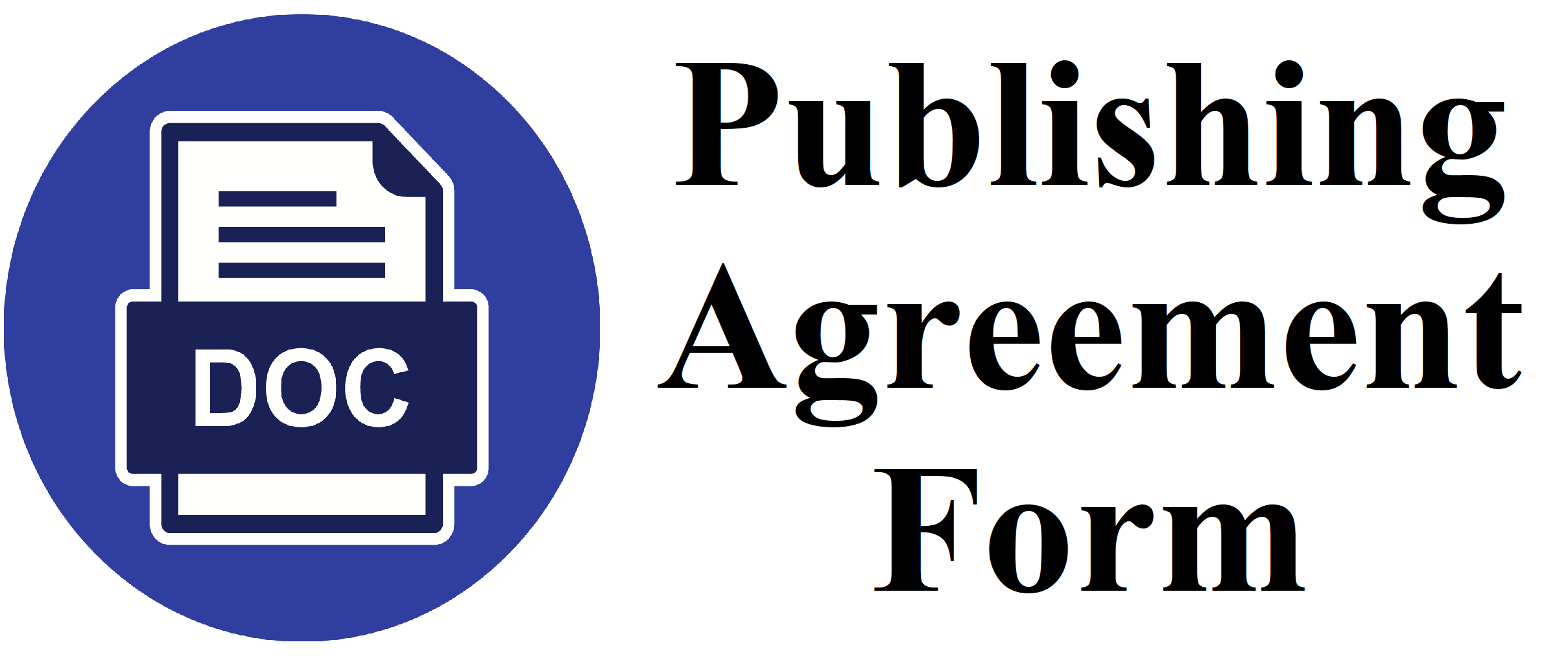Factors Affecting the Treatment Success of Short-Term Regimen for Drug Resistant Tuberculosis (DR TB) Patients at Dr. Saiful Anwar General Hospital Malang
DOI:
https://doi.org/10.36497/jri.v40i3.360Keywords:
Drug Resistant TB, Short Term Regimen, Success TreatmentAbstract
Background: Tuberculosis/TB is a major health problem in the world. Indonesia ranks 3rd in TB cases and 7th in drug resistant (DR) TB cases in the world. In 2016, WHO recommended short term (9–11 month) regimen treatment with a success rate of 84% in several Asian and African countries. The purpose of this study was to determine factors that influence the success and failure of treatment using short-term regimen for DR TB patients at Dr. Saiful Anwar General Hospital Malang.
Methods: This was an analytic observational study with retrospective cohort design on 85 short-term regimen DR TB patients who started treatment on October 1, 2017 to September 30, 2018 at the DR TB ward of Dr. Saiful Anwar General Hospital Malang. Data analysis used chi square test with alternative fisher exact test and logistic correlation test.
Results: Education level had a significant correlation with treatment success (P=0.036; OR=2.746; CI 95%=1.053-7.165) while Pre XDR TB sputum drug susceptibility test had a significant correlation with treatment failure (P=0.037; OR=1.556; CI 95%=1.180-2.050). Based on logistic correlation test, the predictive variables for treatment outcomes were age, education, criteria for suspected DR TB and drug susceptibility test results of pre XDR TB.
Conclusion: The level of education affected the success treatment of DR TB short-term regimen. The results of Pre XDR TB sputum drug susceptibility test influenced the failure of DR TB short-term regimen.
Downloads
References
World Health Organization. Global tuberculosis report 2018. World Health Organization. Geneva; 2018.
World Medical Association. Course on multidrug-resistant tuberculosis MDR-TB. 2008. p. 1–10.
Direktorat Pencegahan dan Pengendalian Penyakit Kementerian Kesehatan Republik Indonesia. Petunjuk teknis pengobatan pasien TB resistan obat dengan paduan standar jangka pendek di fasyankes TB resistan obat. 2017. p. 1–37.
Yulaikha I. Evaluasi tatalaksana dan penanganan kejadian efek samping obat tuberculosis multidrug resistant (TB-MDR) di RSUD. dr. saiful anwar malang tahun 2014 – 2016. Universitas Brawijaya; 2017.
Munir SM, Nawas A, Soetoyo DK, Pulmonologi D, Kedokteran I, Fkui-Rs R, et al. Pengamatan Pasien Tuberkulosis Paru dengan Multidrug Resistant (TB-MDR) di Poliklinik Paru RSUP Persahabatan. J Respir Indo. 2010;30(2):92–104.
Manurung MPF, Siagian P, Sinaga BYM, Mutiara E. Factors related to successful treatment of drug-resistance tuberculosis in H. Adam Malik hospital, Medan, Indonesia. In: IOP Conference Series: Earth and Environmental Science. Institute of Physics Publishing; 2018. p. 012148.
Widyasrini ER, Probandari AN, Reviono R. Factors Affecting the Success of Multi Drug Resistance (MDR-TB) Tuberculosis Treatment in Residential Surakarta. J Epidemiol Public Heal. 2017;2(1):45–57.
Otto PA, Agid A. MDR-TB is in town; and might be tugging along XDR-TB. South Sudan Med J. 2009;2(3):11–2.
Tanggap Tirtana B. Faktor-faktor yang mempengaruhi keberhasiln pengobatan pada pasien tuberkulosis paru dengan resistensi obat tuberkulosis di wilayah jawa tengah. Universitas Diponegoro; 2011.
Lestari SH, Rintiswati N. Pola resistensi kuman mycobacterium tuberculosis terhadap obat anti tuberkulosis (OAT) di propinsi daerah istimewa yogyakarta. Universitas Gadjah Mada; 2003.
Kondoy PPH, Rambot D V., Palandeng HMF, Pakasi TA. Faktor-faktor yang berhubungan dengan kepatuhan berobat pasien tuberkulosis paru di lima puskesmas di kota manado. J Kedokt Komunitas dan Trop. 2014;2(1):1–8.
Notoatmodjo S. Pendidikan dan perilaku kesehatan. Jakarta: Rineka Cipta; 2003. 1–210 p.
Mulyanto H. Hubungan lima indikator perilaku hidup bersih dan sehat dengan tuberkulosis multidrug resistant. J Berk Epidemiol. 2014;2(3):355–67.
Khan A, Usmani A, Sultana A, Hussain Z, Khan D, Rehman M. Risk factors in development of multi drug resistant tuberculosis in the hospitalized patients. PAFMJ. 2005;55(4):290–5.
Aditama TY. Tuberkulosis masalah dan perkembangannya. Jakarta: UI-Press; 2008. 61–72 p.
Tupasi TE, Garfin AMCG, Kurbatova E V, Mangan JM, Orillaza-Chi R, Naval LC, et al. Factors Associated with Loss to Follow-up during Treatment for Multidrug-Resistant Tuberculosis, the Philippines, 2012-2014. Emerg Infect Dis. 2016;22(3):491–502.
California Department of Public Health, Curry International TB Center, California Department of Public Health, Tuberculosis Control Branch, CDHS DCDC VRDL. Drug-Resistant Tuberculosis: A Survival Guide for Clinicians. 3rd ed. California: Curry International TB Center; 2016. 1–324 p.
Yinke B, Sinaga M. Karakteristik penderita Multidrug Resistant Tuberculosis yang mengikuti Programmatic Management of Drug-Resistant Tuberculosis di Rumah Sakit Umum Pusat H. Adam Malik Medan. J Respirologi Indones. 2013;33(4):221–9.
Department of Medicine Ahmadu Bello University. Sputum smear conversion in pulmonary tuberculosis: an intensive phase monitoring of sputum smear positive patients in Zaria, Nigeria. 2012.
Holtz TH, Lancaster J, Laserson KF, Wells CD, Thorpe L, Weyer K. Risk factors associated with default from multidrug-resistant tuberculosis treatment, South Africa, 1999-2001. Int J Tuberc Lung Dis. 2006;10(6):649–55.
Cha J, Lee HY, Lee KS, Koh W-J, Kwon OJ, Yi CA, et al. Radiological findings of extensively drug-resistant pulmonary tuberculosis in non-AIDS adults: comparisons with findings of multidrug-resistant and drug-sensitive tuberculosis. Korean J Radiol. 2009;10(3):207–16.
Marais E, Mlambo CK, Lewis JJ, Rastogi N, Zozio T, Grobusch MP, et al. Treatment outcomes of multidrug-resistant tuberculosis patients in Gauteng, South Africa. Infection. 2014;42(2):405–13.
Kementrian Kesehatan Republik Indonesia. Panduan pelayanan tuberkulosis resistan obat untuk fasilitas pelayanan kesehatan. 2019. p. 40.
Deshmukh RD, Dhande DJ, Sachdeva KS, Sreenivas A, Kumar AM V, Satyanarayana S, et al. Patient and Provider Reported Reasons for Lost to Follow Up in MDRTB Treatment: A Qualitative Study from a Drug Resistant TB Centre in India. PLoS One. 2015;10(8):e0135802.
World Health Organization. Guidelines for the programmatic management of MR TB. World Health Organization. Geneva; 2011. p. 1–44.
Downloads
Additional Files
Published
Issue
Section
License
- The authors own the copyright of published articles. Nevertheless, Jurnal Respirologi Indonesia has the first-to-publish license for the publication material.
- Jurnal Respirologi Indonesia has the right to archive, change the format and republish published articles by presenting the authors’ names.
- Articles are published electronically for open access and online for educational, research, and archiving purposes. Jurnal Respirologi Indonesia is not responsible for any copyright issues that might emerge from using any article except for the previous three purposes.
















